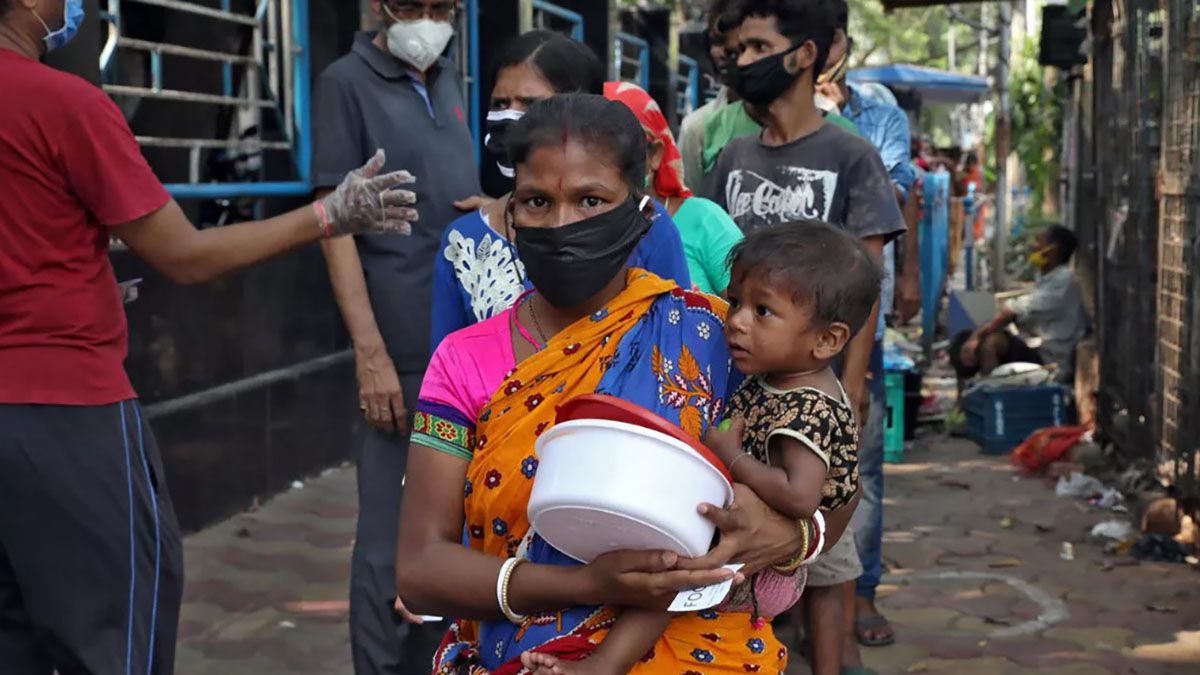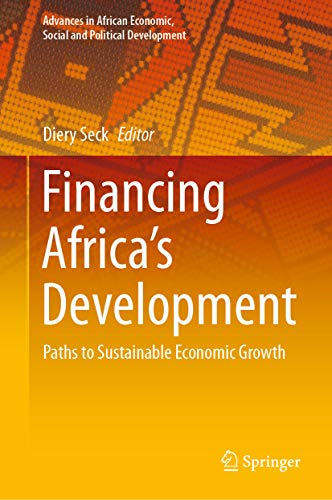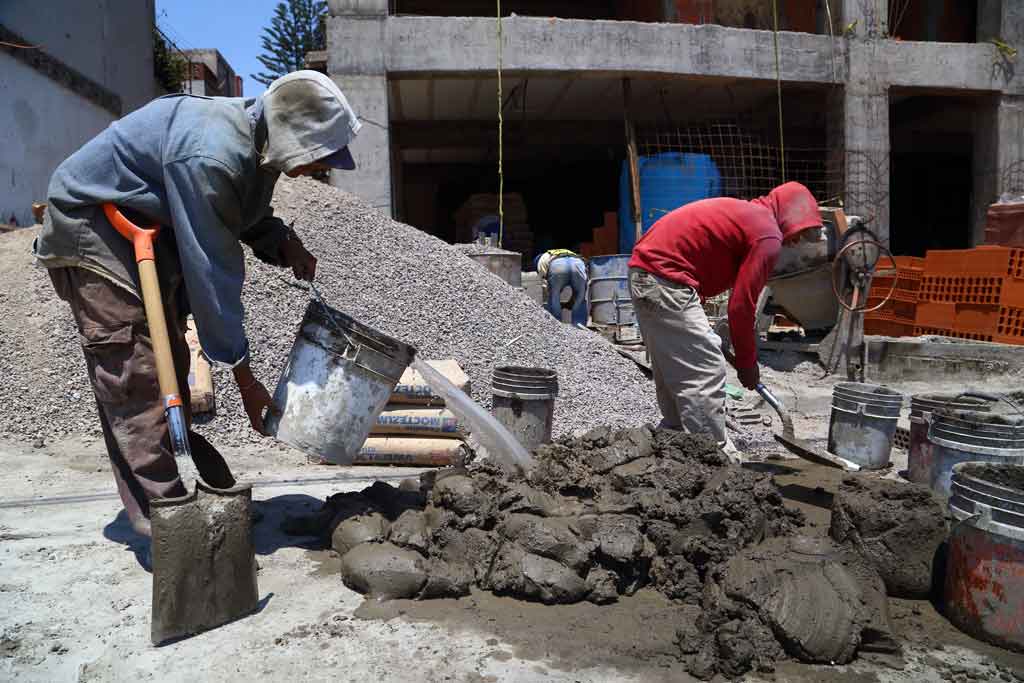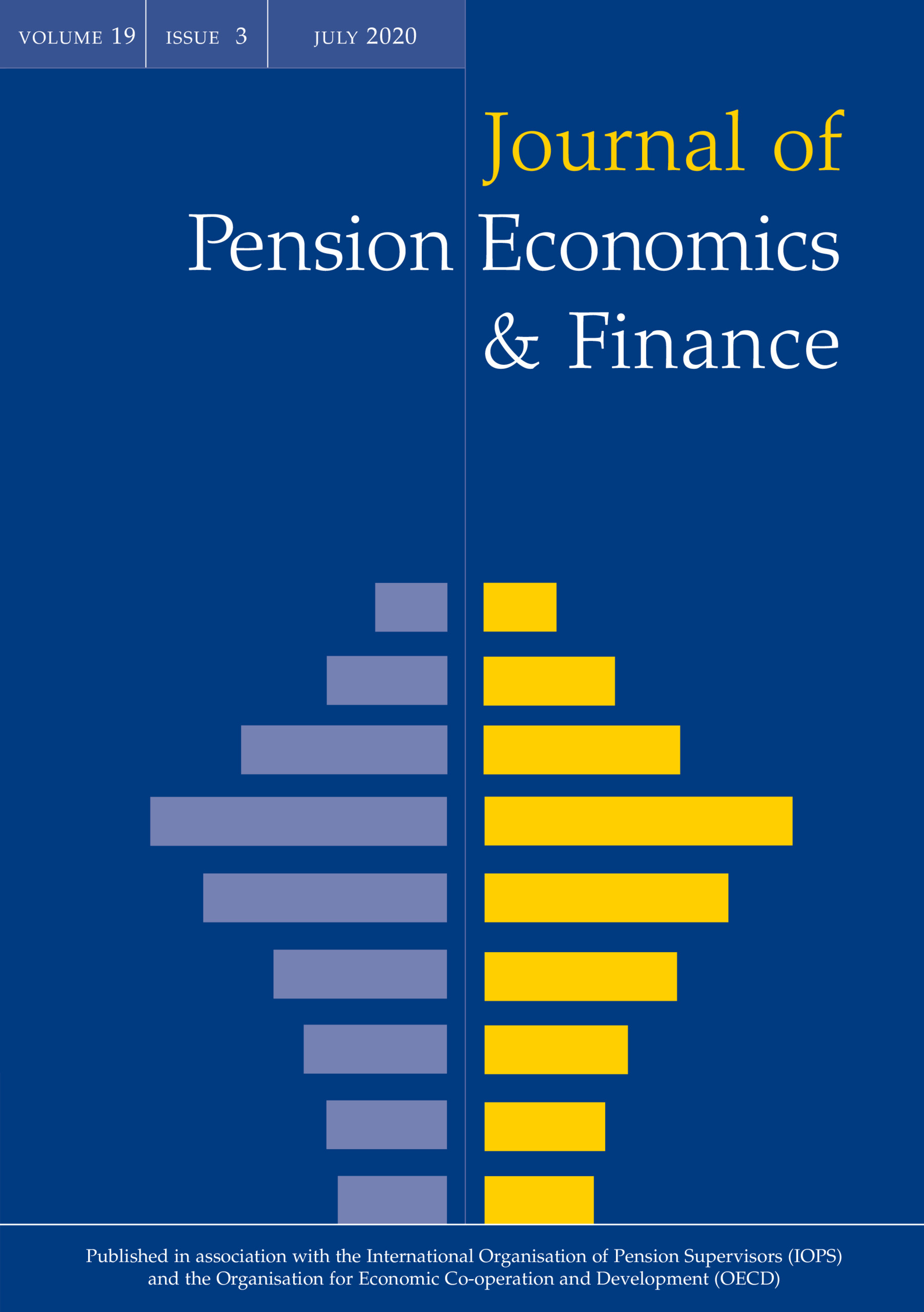Defined Benefit Pension Schemes in the UK: Asset and Liability Management
By Philippe-N. Marcaillou The goal of Asset-Liability Management (ALM) of a Defined Benefit Pension Scheme (DB) is to properly manage the risks related to variation in its building blocks on both sides of the balance sheet whilst maintaining the same expected return. This book provides a step-by-step methodology to maximize the complete restructuring and monitoring of the ALM of DB schemes. It is a product of the author's 25 years of experience and technical knowledge in ALM of...





